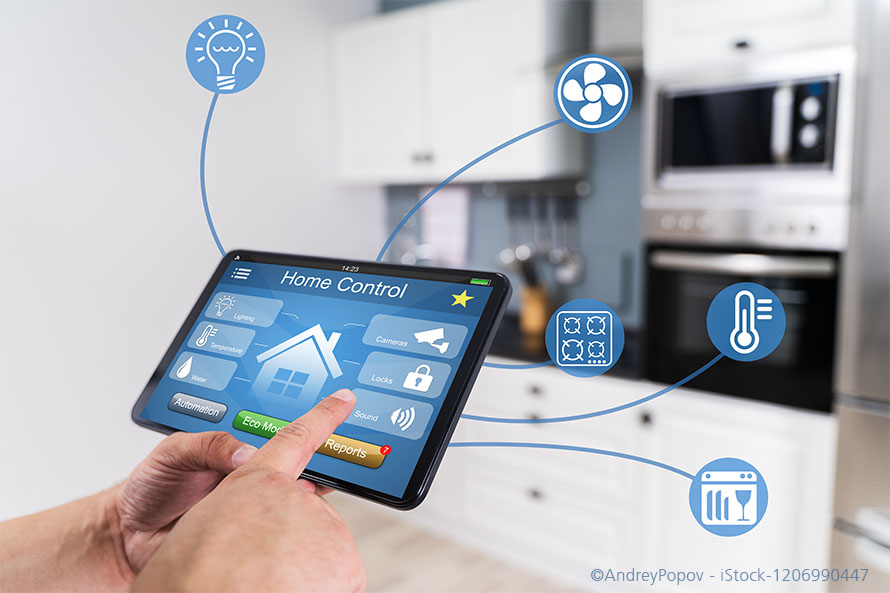DAVINA: Data-driven individualization of the anesthesia procedure in geriatric traumatology
In the DAVINA project, we aim to develop a pioneering Clinical Decision Support System (CDSS) that actively supports anesthetists and patients in individual anesthesia planning. The goal is for patients to be able to share their health data via a user-friendly portal, while our virtual contact person “Davina” educates them about different anesthesia procedures and their risks. The CDSS will use medical guidelines and AI-powered analytics to provide precise, evidence-based therapy recommendations. This way, we intend to strengthen patient engagement, increase the quality of therapy planning, and reduce the workload of medical staff.
 Fraunhofer Institute for Software and Systems Engineering
Fraunhofer Institute for Software and Systems Engineering



















